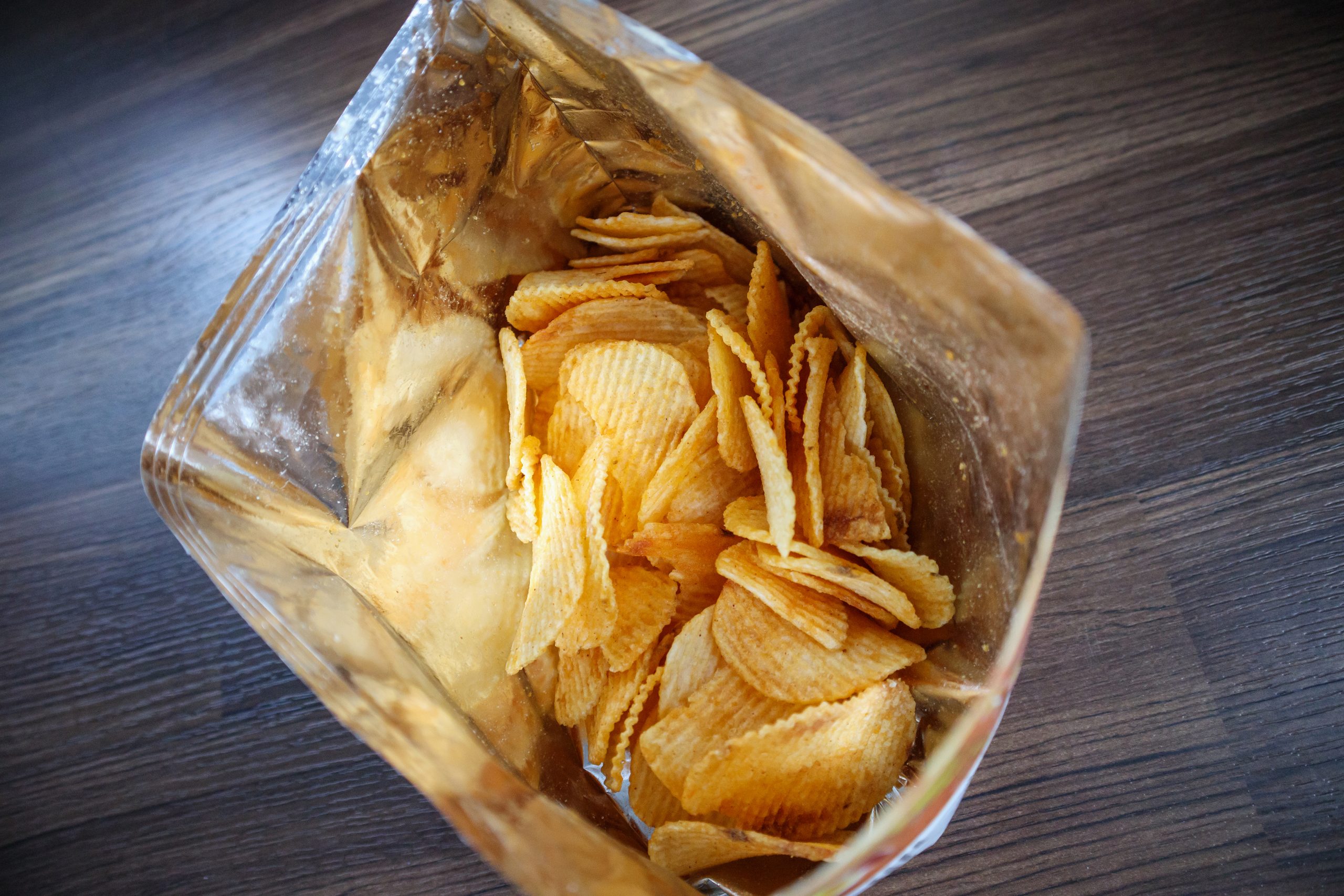Spicy chips, chocolates, sweets, biscuits – these snacks sound surreal for many of us.
It’s easy to start snacking and to go overboard, because many of us don’t realise that those seaweed chips we’re stuffing into our mouths are full of fat and calories.
And because they’re bite-sized and so easy to eat, we might run through an entire bag of them before we even realise the damage we’ve done.
Research has found a link between snacking and childhood obesity, with almost a 3rd of children’s daily calories in the USA coming from snacks.
How Snacking Can Be Healthy
Many nutritionists advocate snacking as a weight management solution.
However, many people forget that what they mean is snacking on healthy food, and not consuming processed, fatty, and sugary treats.
When nutritionists mention snacking, they’re suggesting to:
- Eat as little portions and as often throughout a day
- To eat small portions of healthy food or drinks in between main meals
Why Do We Snack?
There may be several reasons why you find yourself reaching out for that bar of chocolate a couple of hours after lunch.
- A reduction in energy levels
- Convenience
- Your stomach has been growling for the past 30 minutes
- You’re craving the sweet taste of chocolate
- You’re bored and your mouth feels like it could use a snack
- Food insecurity
Why Snacking Can Be a Problem
Controlled snacking with the right food choices can make it a healthy part of any diet, and can even improve the quality of your diet.
However, it comes with a number of problems, for example, one that we’ve mentioned: how many people turn the healthy idea of snacking into a calorie-laden one.
Snacking Out of Control and Obesity
It’s also very easy to binge on snacks and let it get out of hand before you even realise it. In fact, it’s possible to consume more calories snacking than you do for regular meals.
If you snack excessively over the long-term, it can lead to ballooning waist sizes, weight gain, and obesity.
Loss of Key Nutrients
Sometimes, you may also opt-out of regular meals because you’re feeling bloated or full from all the snacks. This can lead to a loss of essential nutrients to maintain healthy bodily functions.
Reduced Diet Quality and Eating Habits
When you eat processed snacks that are high in fat and salt, low in nutrients and packed with calories, you may find yourself preferring these snacks.
As a result, your diet quality and eating patterns may change for the worse.
How to Prevent Excessive Snacking
There are a few ways to manage what you put into your mouth in between mealtimes.
Making a healthy and conscious choice can go a long way in maintaining your health. For example, you can plan what you eat ahead so that you can follow a strict meal plan.
Consider drinking plenty of water that gives you the feeling of fullness so you won’t keep hunting for snacks to nibble on when you’re hungry.
Your house doctor can also manage your diet together with you to ensure that you choose healthy options and stick to a healthy diet. It’s easy to get a doctor in Singapore to help you with D&C Med!
